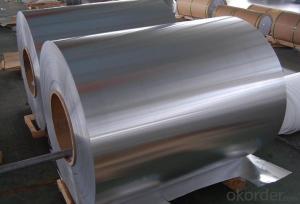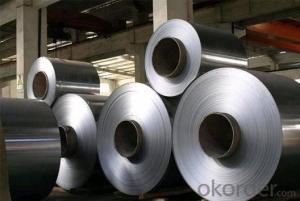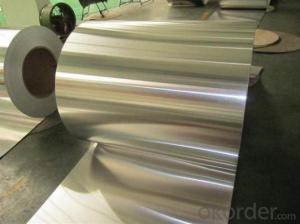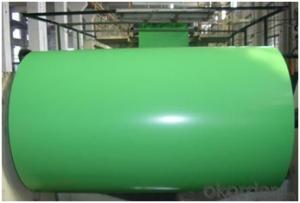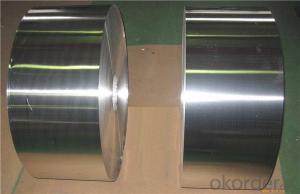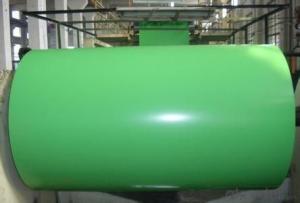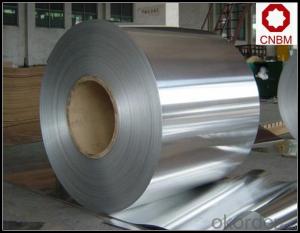Alloy 1050,1100, 3003 Mill Finish Aluminum Coil
- Loading Port:
- Shanghai
- Payment Terms:
- TT OR LC
- Min Order Qty:
- 2.5
- Supply Capability:
- 5000 m.t./month
OKorder Service Pledge
OKorder Financial Service
You Might Also Like
Item specifice
Alloy 1050,1100, 3003 Mill Finish Aluminum Coil
l Product Introduction
Aluminium Coil is widely used in manufacturing aluminum thin sheet and aluminum foil. It is suitable for further machining with original standard quality. It is easy to be controlled and be manufactured to according to requirements.
l Product Specification
Perforated/Slitting Mill Finish Aluminum Strip Coil | |
Grade and Temper | Alloys: 1050, 1100, 3003, 3004 3005, 3105, 5005, 5052, 6061,6083, 8011,etc Temper: 0-H112 |
Widths | 35mm – 2,450 mm available |
Thickness | 0.09mm – 150mm |
Treatment | Mill Finish |
Coil Specifications | I.D.: 405mm, 505mm O.D.: 800mm - 1270mm |
Packing Detail | Wooden pallet either eye to wall or eye to sky |
Application | Perforated Aluminum Ceiling Panel, Conner Bead, sifter for mechanical equipment and Fencing, etc. |
l Packaging & Delivery
Packaging detail: Standard seaworthy exporting carton, Wooden pallets, waterproof paper and plastic coverage or as customer's requirements
Delivery detail: about 25 days from received oiginal L/C or advanced payment
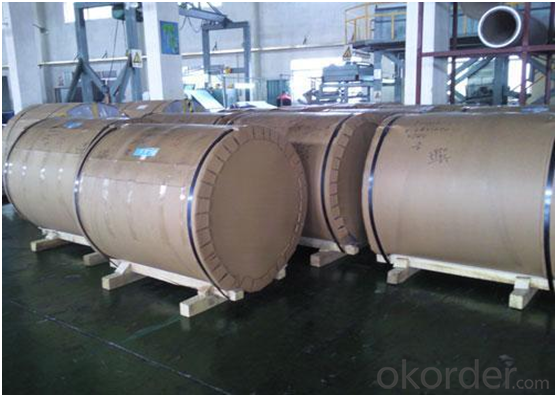
l Company Profile
CNBM International Corporation, China National Building Materials (Group) Corporation, is one of the largest companies in China building material & equipment industry, with 42,800 employees and sales in 2005 of US Dollar 4.395 billion. In 2006, China National Building Material Company Limited was listed on Hong Kong Stock Market with the stock code as 3323.
Aluminium coil is one of the popular product in the market of CNBM. With advanced technology and equipment, CNBM has sold its hight quality color coated aluminium coil to the world.
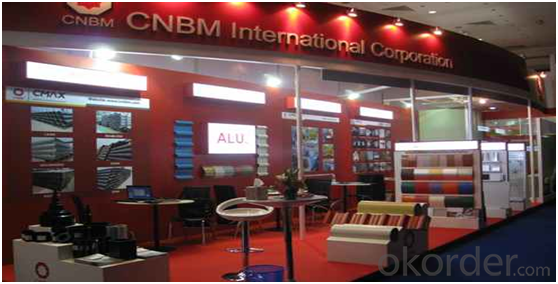
l CNBM World Wide
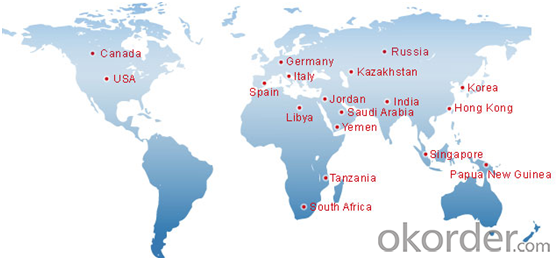
l Product Images
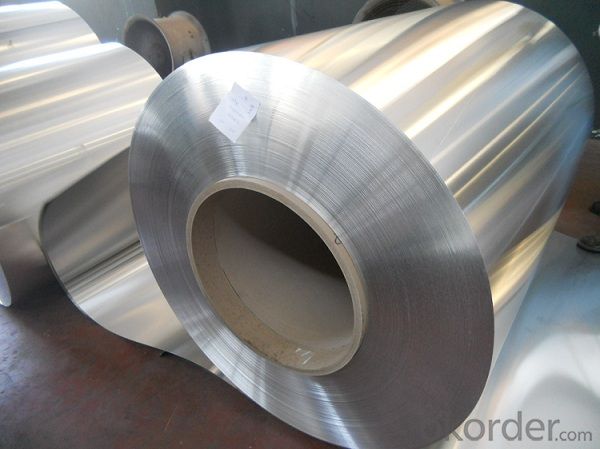
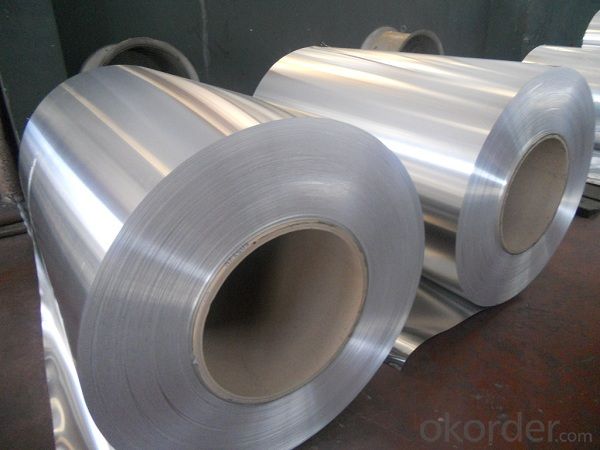
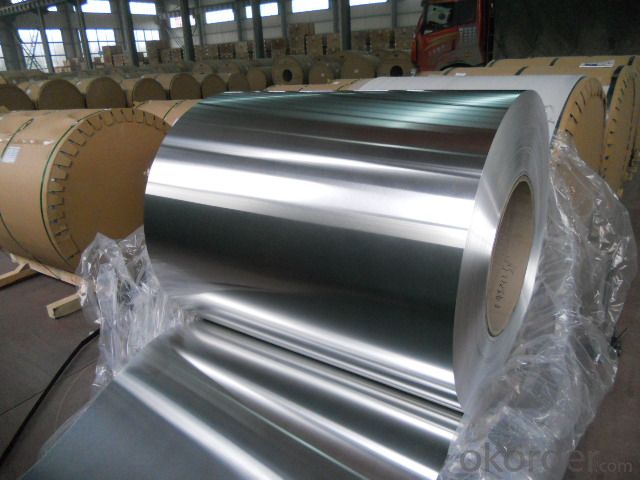
l Certificates
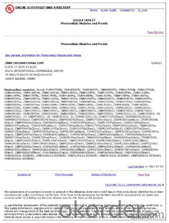
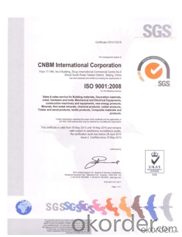
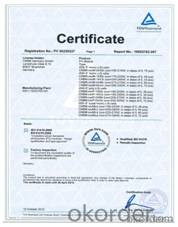
l FAQ
Q: Do you provide free samples?
A: Yes, free samples will be sent to you on freight at destination.
Q: Can I get your latest products catalogue?
A: Yes, it will be sent to you in no time.
Q: What is the MOQ?
A: 2.5 tons
Q: What are your payment terms?
A: We accept L/C, T/T.
- Q:Just want to know for any boat builders out there. I have been told by my local paddling store that there are no aluminum kayaks. Why couldn't i build one? it cant be weight, I would build the frame from 1/2 inch square aluminum tubing and the body out of 1/32 high grade sheeting. So why does something like this not exist?
- There okorder
- Q:Can aluminum coils be used for heat transfer applications?
- Yes, aluminum coils can be used for heat transfer applications. Aluminum is known for its excellent thermal conductivity, which means it is highly effective in transferring heat. Aluminum coils are commonly used in various heat transfer applications such as air conditioning systems, refrigeration units, and heat exchangers. The lightweight and corrosion-resistant properties of aluminum also make it a popular choice for these applications. Additionally, aluminum coils can be easily shaped and formed, allowing for efficient heat transfer in complex systems.
- Q:What are the common sizes of aluminum coils used in roofing?
- The common sizes of aluminum coils used in roofing can vary depending on the specific needs and requirements of the project. However, some popular sizes include 24-inch, 36-inch, and 48-inch widths. These sizes are often chosen for their compatibility with standard roofing systems and their ability to cover a wide surface area efficiently. Additionally, the thickness of the aluminum coil can also vary, with common options ranging from 0.019 inches to 0.032 inches. Ultimately, the size of the aluminum coil used in roofing will depend on factors such as the size of the roof, the desired aesthetic, and the local building codes and regulations.
- Q:You guys may be thinking, why the hell i posted this in the computer section. Well, I'm opening my computer, and I hate the anti-static wristbands. I know that by touching metal, you can get rid of all static electricity in your hands. Can you do this by touching aluminum foil? Since it's something everyone should have in their house.. Can it work like this?
- Static shield is fine. But for relatively unhealthy hair static, I use material softener sheets. Just rub over your hair. You too can rub the within of your coat with the dryer sheet, not more static. Keep one in a ziploc baggie to your coat pocket, it is going to final fairly a even as. Bonus, you scent like contemporary laundry :) Better than smelly Static Guard.
- Q:Are aluminum coils suitable for outdoor signage?
- Indeed, outdoor signage can be made using aluminum coils. This material, known for its exceptional durability and resistance to weather conditions, is an ideal choice for outdoor applications. Its corrosion resistance ensures that it will not deteriorate or rust when exposed to rain, snow, sunlight, or other elements. Moreover, aluminum coils are lightweight and flexible, facilitating effortless installation and customization. They can be effortlessly cut, shaped, and painted to produce captivating and enduring outdoor signage. Overall, aluminum coils are widely favored for outdoor signage due to their resilience, ability to withstand the elements, and aesthetic allure.
- Q:Are there any specific regulations for the transportation of aluminum coils?
- Yes, there are specific regulations for the transportation of aluminum coils. These regulations aim to ensure the safe handling and transport of aluminum coils to prevent any accidents or damage. Some of the key regulations include: 1. Packaging requirements: Aluminum coils should be properly secured and packaged in suitable containers to prevent shifting, damage, or falling during transportation. This may include the use of strapping, banding, or shrink-wrapping. 2. Weight restrictions: There are weight restrictions on the transport of aluminum coils, which vary depending on the type of transportation mode being used. These restrictions are in place to ensure the stability and safety of the vehicle during transit. 3. Loading and unloading procedures: Proper loading and unloading procedures should be followed to minimize the risk of damage to the coils and to ensure the safety of workers. This may involve the use of specialized equipment such as cranes or forklifts. 4. Hazardous materials regulations: In some cases, aluminum coils may be considered hazardous materials due to their flammability or other characteristics. If this is the case, additional regulations and requirements may apply, such as proper labeling, documentation, and handling procedures. 5. Transportation permits: Depending on the size, weight, and destination of the aluminum coils, specific permits or licenses may be required for their transportation. These permits ensure compliance with local, state, and federal regulations. It is important for companies involved in the transportation of aluminum coils to be aware of and comply with these regulations to ensure the safe and efficient transport of the coils. Failure to adhere to these regulations can result in fines, penalties, or even legal consequences.
- Q:Can aluminum coils be used in agricultural applications?
- Yes, aluminum coils can be used in agricultural applications. Aluminum is a versatile and durable material that can withstand various environmental conditions, making it suitable for agricultural equipment such as irrigation systems, greenhouse structures, and ventilation systems. Additionally, aluminum's light weight and corrosion-resistant properties make it an ideal choice for agricultural applications where durability and long-term performance are essential.
- Q:How much of a difference does it make? I recently bought a 700 SPS tactical in 308. It has the Houge pillar bedding stock. I love the tacky feeling rubber outside, but noticed that the fore end of the stock flexes a bit (enough to touch the free floating barrel.) I was wondering if the aluminum bedding block version of the same stock (or any other aluminum bedding stock) will be better? I know they cost more, and the experts claim they're great, but will an amateur shooter notice the difference? I like to target shoot, typically around 200 yards. BTW, I was also considering the Bell and Carlson medalist.
- Vote for the Aluminum yet somewhat might like a silver lined one bless by using a Catholic priest that emits holy water. That way in case they are additionally a vampire you nailed them.
- Q:How are aluminum coils used in the manufacturing of household appliances?
- Aluminum coils are used in the manufacturing of household appliances as they provide excellent conductivity, durability, and corrosion resistance. These coils are commonly used in appliances such as refrigerators, air conditioners, and heating systems. They help in transferring heat efficiently, improving energy efficiency, and ensuring the longevity of the appliance. Additionally, aluminum coils are lightweight, making them easier to handle during the manufacturing process.
- Q:What are the different grades of aluminum used in coil production?
- There are several different grades of aluminum that are commonly used in coil production. Each grade has its own unique properties and characteristics that make it suitable for specific applications. Some of the most commonly used grades include: 1. 1100 Aluminum: This grade is considered commercially pure aluminum and is known for its excellent corrosion resistance and high thermal conductivity. It is often used in applications such as heat exchangers, fin stock, and evaporator coils. 2. 3003 Aluminum: This grade is alloyed with manganese, making it stronger and more durable than 1100 aluminum. It also has good formability and weldability properties, making it suitable for a wide range of coil production applications, including roofing, gutters, and general sheet metal work. 3. 5052 Aluminum: This grade is alloyed with magnesium and has excellent corrosion resistance and high strength. It is commonly used in marine applications, such as boat hulls and components, as well as in architectural and automotive applications. 4. 6061 Aluminum: This grade is one of the most versatile aluminum alloys and is known for its high strength and excellent machinability. It is often used in structural applications, such as aircraft parts, truck frames, and industrial equipment. 5. 7075 Aluminum: This grade is one of the highest strength aluminum alloys available and is commonly used in aerospace and defense applications. It has excellent fatigue resistance and is often used in the production of aircraft wing spars, fuselage frames, and missile components. These are just a few examples of the different grades of aluminum used in coil production. The specific grade chosen will depend on the desired properties and requirements of the application.
1. Manufacturer Overview |
|
|---|---|
| Location | |
| Year Established | |
| Annual Output Value | |
| Main Markets | |
| Company Certifications | |
2. Manufacturer Certificates |
|
|---|---|
| a) Certification Name | |
| Range | |
| Reference | |
| Validity Period | |
3. Manufacturer Capability |
|
|---|---|
| a)Trade Capacity | |
| Nearest Port | |
| Export Percentage | |
| No.of Employees in Trade Department | |
| Language Spoken: | |
| b)Factory Information | |
| Factory Size: | |
| No. of Production Lines | |
| Contract Manufacturing | |
| Product Price Range | |
Send your message to us
Alloy 1050,1100, 3003 Mill Finish Aluminum Coil
- Loading Port:
- Shanghai
- Payment Terms:
- TT OR LC
- Min Order Qty:
- 2.5
- Supply Capability:
- 5000 m.t./month
OKorder Service Pledge
OKorder Financial Service
Similar products
New products
Hot products
Hot Searches
Related keywords
